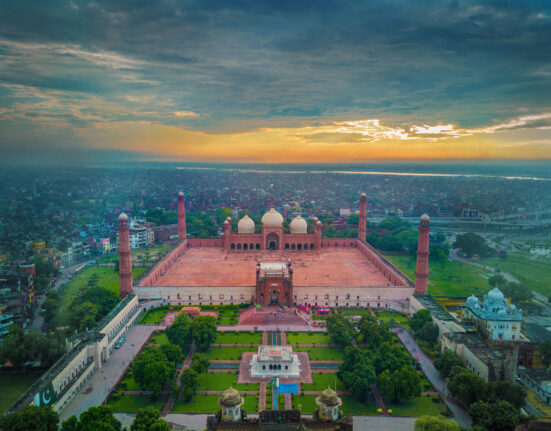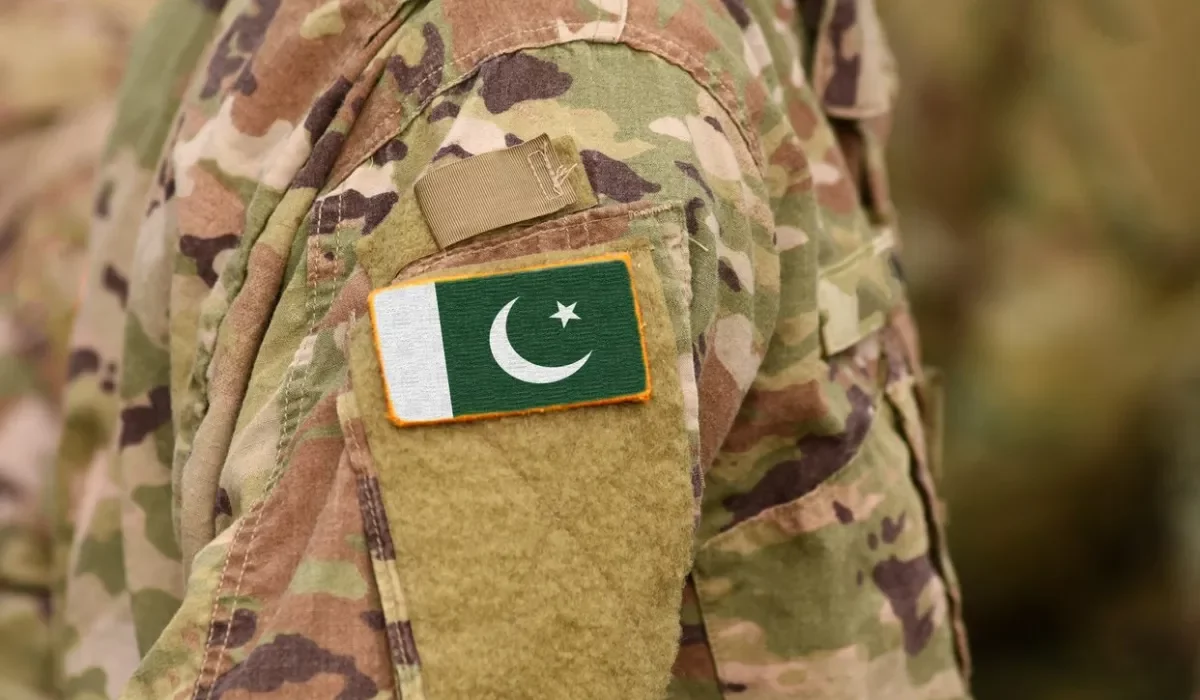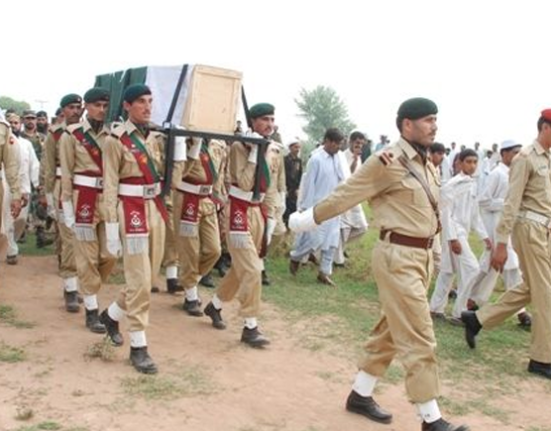Written by:

Mr. Ovais Ali Khokhar, Chairman, Board of Experts, Pakistan Research Center for a Community with Shared Future (PRCCSF), Islamabad
Since independence of Pakistan, the military has been playing a vital role in fostering economic development in the country. This article explores the historical contributions of the military in safeguarding the nation’s security and driving economic progress. It also highlights the sacrifices, endeavors, and unwavering commitment of the military towards achieving a prosperous, secure, and developed Pakistan military role.
When contemplating the Pakistan Army, our thoughts typically revolve around its core responsibilities, such as defending national borders and maintaining internal security. Yet, what might not be widely acknowledged are the substantial and diverse contributions that the Pakistan Army makes to the nation’s economy.
Throughout the years, the armed forces have been pivotal in numerous sectors, actively promoting development, generating employment opportunities, and enriching the overall economic fabric of the country.
There are armies which guard their nation’s borders, there are armies which are concerned with protecting their own position in society, and there are armies which defend a cause or an idea. The Pakistan Army does all three.
— Stephen P. Cohen
Pak Army’s historical contributions during Natural Disasters:
Since 1948, the Pakistan Army has been actively engaged in various vital activities such as generating power for areas in need, constructing dams, building towns and cities, and conducting rescue operations to evacuate both the general public and animals from hazardous situations.
During times of national calamities and natural disasters, like the catastrophic earthquake in 2005 or the extensive floods in 2010, the army’s engineering corps, medical teams, logistical personnel, and other branches of the armed forces have played a significant role in rehabilitating affected areas, reconstructing cities and towns, and distributing relief supplies and military rations to the affected civilian population.
To streamline and oversee effective relief operations, reconstruction, and rehabilitation efforts, the federal government designates active-duty officers through external billet appointments to head federal agencies like ERRA and the NDMA.
In addition to their relief activities within Pakistan, the Pakistan Army has extended its assistance to other regions across the globe. Notably, the army has coordinated and taken the lead in relief endeavors in countries such as Indonesia, Bangladesh, and Sri Lanka in the aftermath of the 2004 underwater earthquake and tsunami disaster.
Safeguarding CPEC:
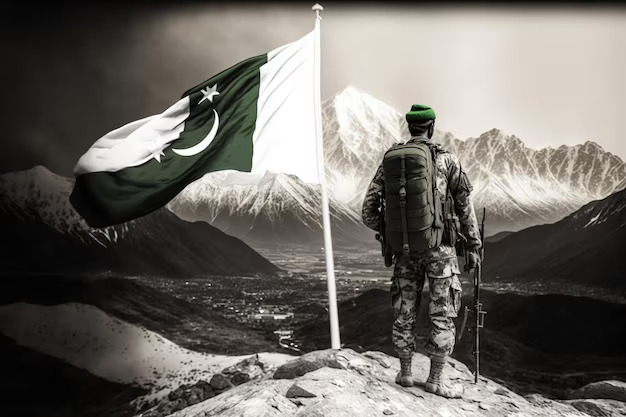
The Pakistan Army plays a crucial role in safeguarding the China-Pakistan Economic Corridor (CPEC), a project of immense significance for the national economy. CPEC is an extensive infrastructure and development initiative designed to link Gwadar Port in Pakistan with China’s northwestern Xinjiang region through an extensive network of roads, railways, and pipelines.
The security provided by the Pakistan Army along the corridor ensures the secure transit of goods, resources, and personnel, effectively mitigating potential threats like terrorism, acts of sabotage, and criminal activities. This stability and protection not only attract foreign investments but also encourage local businesses to participate in CPEC-related projects, thereby stimulating economic growth and job opportunities within the country.
The synergy between the Pakistan Army’s responsibilities in ensuring CPEC security and the subsequent economic advantages underscores the vital connection between national security and overall prosperity.
Establishment of Special Investment Facilitation Council (SIFC):
The government’s recent move to create the Special Investment Facilitation Council (SIFC) has received strong backing from military leadership. This significant development highlights the resolute commitment of Chief of Army Staff, General Asim Munir, a visionary leader who keenly recognizes the essential link between national security and economic well-being.
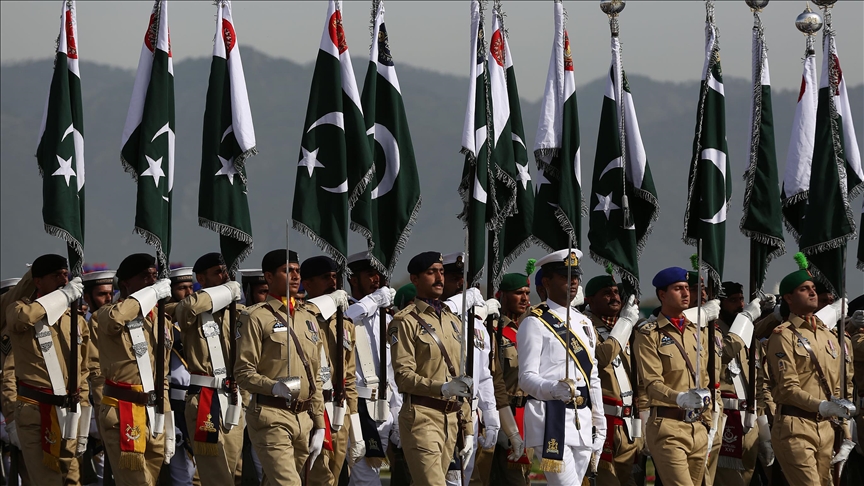
Under his guidance and foresight, the nation is on the brink of reaching unprecedented heights as the military and economic sectors collaborate closely toward a prosperous future.
The Special Investment Facilitation Council (SIFC) will primarily concentrate on critical sectors including defence production, agriculture, livestock, minerals, information technology, and energy, which have hitherto been largely underutilized.
By unlocking the potential within these sectors, Pakistan’s global competitiveness is poised to take flight, offering a more promising future for the nation.
During his inaugural address, the esteemed Chief of Army Staff (COAS) pledged steadfast military backing, encompassing security, logistical support, and expertise, for any endeavor aimed at accelerating economic growth and development nationwide.
This pledge underscores the COAS’s unwavering commitment to nurturing progress and prosperity, assuring that initiatives focused on propelling the nation’s economic advancement receive the essential military support to thrive and succeed.
The Army Chief underscored the pivotal importance of the SIFC initiative as a potent tool for drawing in foreign direct investment, strengthening global competitiveness, and driving economic expansion.
Furthermore, the COAS emphasized the importance of revitalizing the job market through these strategic sectors, recognizing their crucial role in fortifying the national economy’s robustness and overall security.
Military’s Contribution in Co-operate Farming Initiative:
The military’s engagement in agriculture has made a substantial contribution to economic diversification. Through a range of agricultural initiatives, the military has introduced contemporary farming practices, enhanced irrigation systems, and offered training to farmers. These efforts have led to higher crop yields and an enhancement in the well-being of farmers.
The Pakistan military role has assumed a notable role in bolstering the country’s agricultural sector, acknowledging its vital significance in the nation’s economy and food security. A primary avenue through which the army has made these contributions is via diverse agricultural development projects and endeavors.
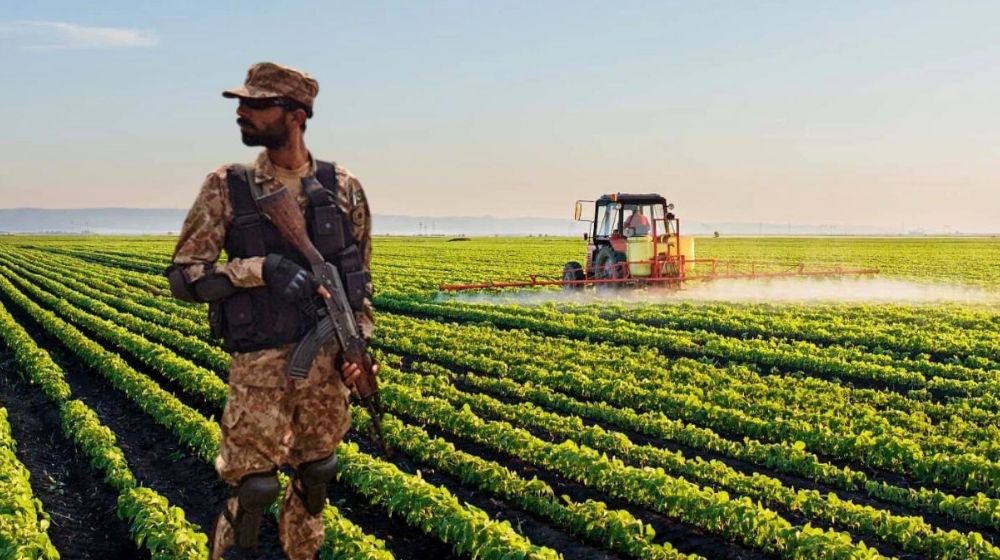
These projects are geared toward enhancing farming methods, elevating productivity, and incorporating modern technology into agricultural practices across various regions. Through workshops, training initiatives, and the provision of technical know-how, the army has played a pivotal role in empowering farmers with the essential knowledge and skills required to optimize their agricultural yields.
Furthermore, the Pakistan Army has taken an active role in the construction and upkeep of vital infrastructure essential for the support of agriculture. This encompasses the creation of irrigation systems, the construction of dams, and the enhancement of water management techniques.
By guaranteeing a consistent water supply to agricultural areas, the army has played a crucial part in enhancing crop yields and advocating for sustainable farming methods.
The Land Information and Management System (LIMS), a pioneering project initiated through collaboration between the Pakistan Army and the government, aspires to herald a new era of modernization for the country’s agriculture sector.
This recently launched system is poised to overhaul the manner in which land-related information is processed and supervised. Through the utilization of advanced technology and effective data management, LIMS holds the potential to instigate revolutionary shifts in Pakistan’s agricultural landscape.
Conclusion:
In addition to its primary duty of protecting the nation Pakistan’s military has made substantial contributions to the country’s economy. These contributions encompass job generation, infrastructure development, disaster relief efforts, agricultural and industrial projects, corporate endeavors, and investments in research and development.
The army’s positive influence extends across various economic sectors. While upholding national security remains of utmost importance, it is vital to acknowledge and value the diverse contributions of the armed forces to the economy.
By persistently harnessing its resources and expertise, the Pakistan military role has the potential to strengthen its role as a driving force for economic growth and advancement within the nation.





